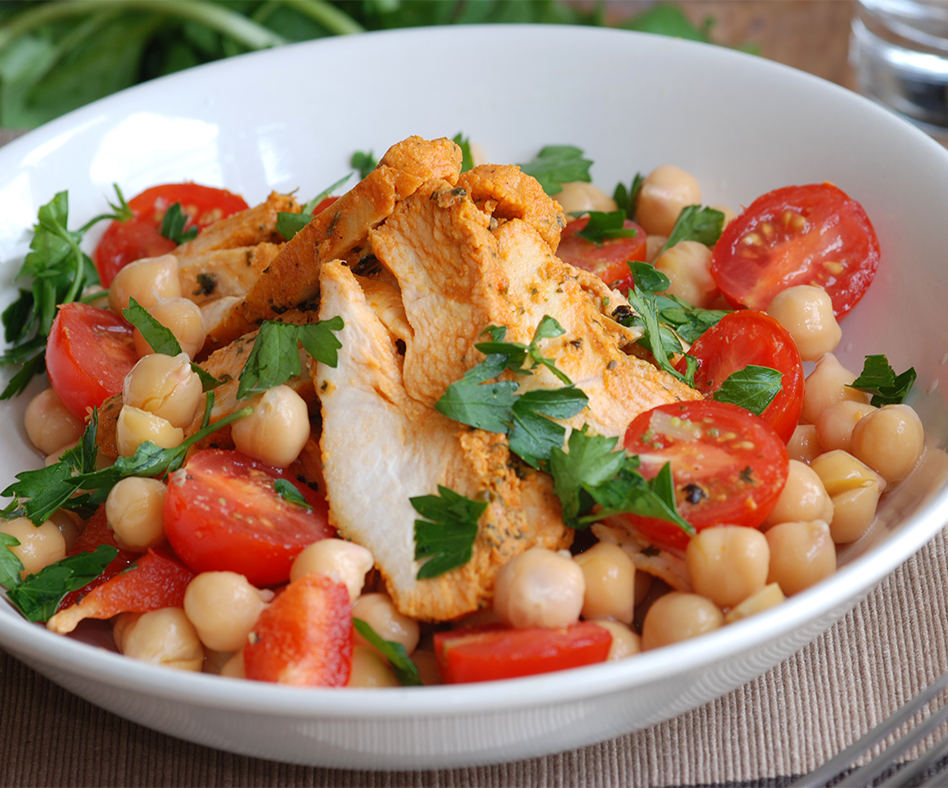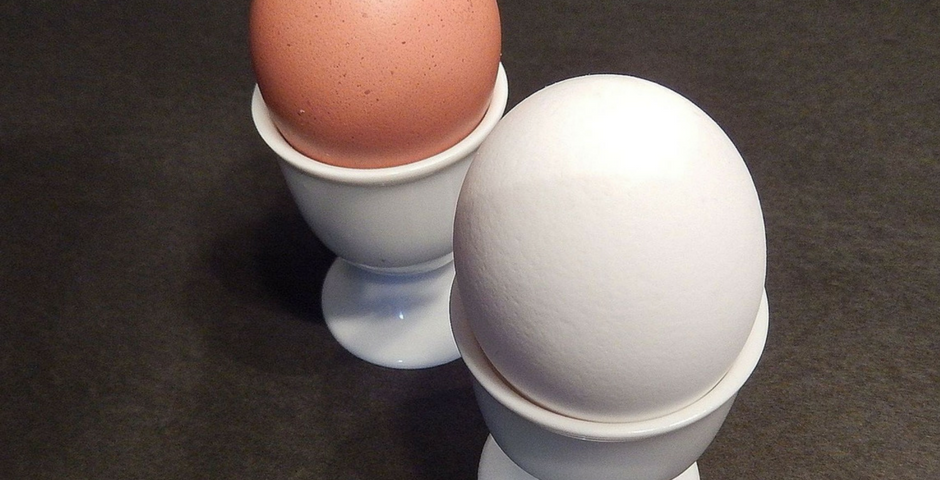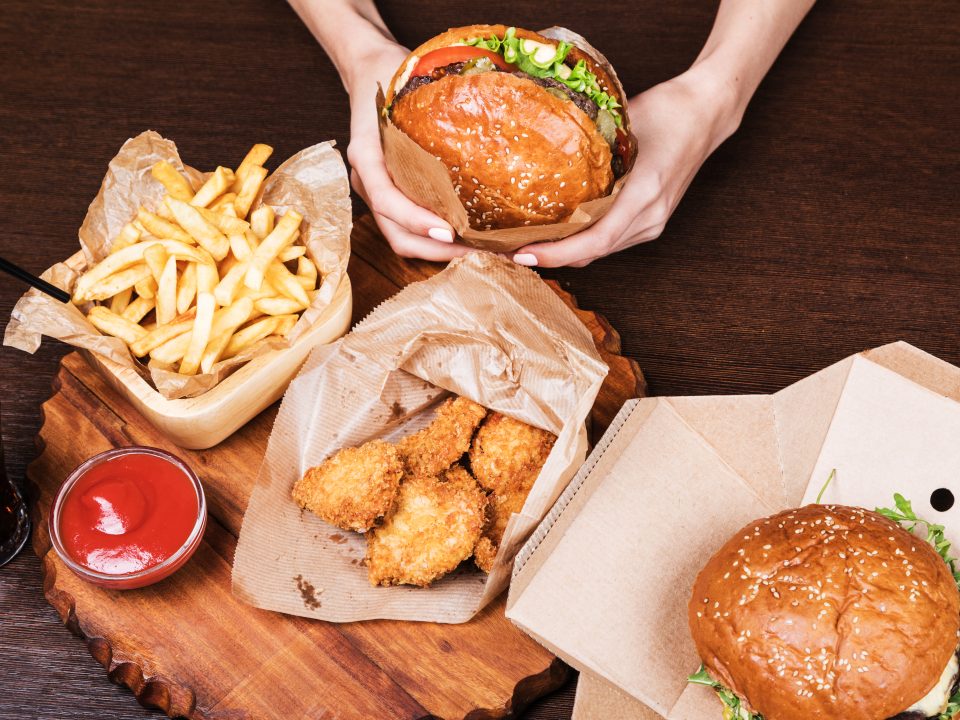
Cajun Chicken and Chickpea Weight Loss Salad
November 14, 2017
Diabetes… the end of the world?
November 22, 2017No doubt you’re aware of the alarming number of new diets that seem to pop up by the day. It can be so difficult to know which one is the right one to choose. Which one will make you lose weight fastest? Which one will you be able to stick to? Which one will work for your body?
While the answer to this is tricky, there’s one weight loss tip backed by science (and common sense) that you should keep in mind. Include protein.
Why protein helps you lose weight
Researchers1 have suggested that successful long-term weight loss depends on:
1: Your diet keeping you feeling full and satisfied, despite you burning off more calories than you take in
2: Losing as little muscle mass while you lose weight as possible
3: Keeping your metabolism as high as possible during the whole process
Luckily, protein helps with all of these. It’s been shown to help with satiety (not feeling hungry), helping to limit muscle loss (muscle is primarily made of protein). The more muscle you have, the higher your metabolism. Plus including protein at a meal slows down digestion, so the energy from that meal lasts you longer.
How much protein do you need?
You can work out how much protein you need in a day by using a simple rule of thumb. 1.4g of protein per kilo of body weight2. For example, if you weigh 100kg that’s 140g of protein a day.
Don’t confuse the grams of protein with the weight of the protein source. A 100g piece of steak contains about 25g of protein, so read the nutrition labels to work out a plan for getting enough protein. Choose lean sources, and try and split between breakfast, lunch, and dinner from different sources.
What does 100g of protein look like?
Breakfast: 1 egg (6g) + 1 tub greek yoghurt (17g) + 1 piece grain toast (4)
Lunch: Salad with 1 cup lentils (18g)
Dinner: 140g chicken breast (43g) with 1 cup cooked quinoa (8g) and steamed vegetables (4g)
References
M. Westerterp-Plantenga, S. Lemmens & K. Westerterp (2012) “Dietary protein – its role in satiety, energetics, weight loss and health” British Journal of Nutrition. 108(2), S105-S112
M. Tang, C. Armstrong, H. Leidy, W. Campbell (2013) “Normal vs. high-protein weight loss diets in men: effects on body composition and indices of metabolic syndrome.” Obesity, 21(3), 204-210.





